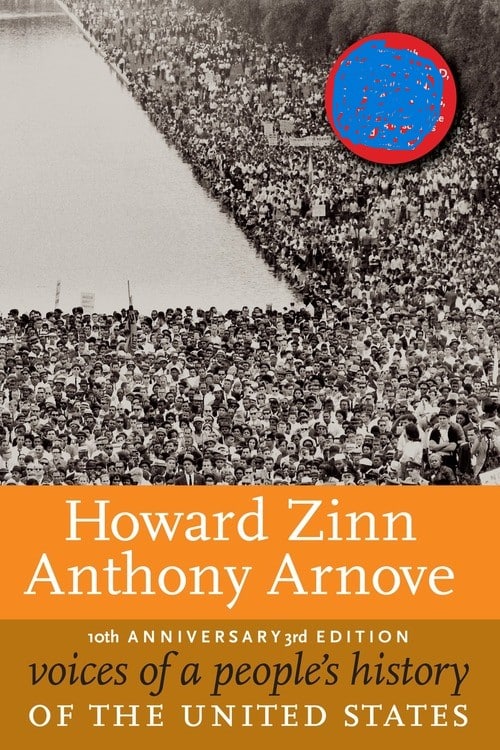
Chapter 21 in Voices of a People’s History of the United States, “The Carter-Reagan-Bush Consensus,” provides readers with a perspective that allows them to better understand present-day America. Historians often mistakenly dismiss the importance of the recent past as less than history, merely current events. Certainly the era from 1976 to 1992 is clearly connected to the current challenges facing the United States today. Voices provides students with a window through which to look back just far enough to recognize important trends in United States society and challenges them to act on them today.
The policies and priorities of Presidents Carter, Reagan, and George H. W. Bush illustrate the growing gulf in power and wealth between the poor and the rich in the United States — a gulf that continues to widen today. Despite the end of the Cold War, the military-industrial complex continued to have a stranglehold on the federal budget and on foreign policy. Though new drugs greatly improved the quality of life for people with AIDS, the virus continued to ravage much of the world, as well as people who could not afford expensive medical care in the richer countries. Although the United States continued to dominate the world economy, its workers still struggled to earn a fair wage. By presenting these disturbing patterns in our society, Voices illustrates the need for ordinary citizens to speak out and take action to address the injustices and skewed governmental priorities in America.
Reprinted from Teaching with Voices of a People’s History of the United States, published by Seven Stories Press.









Twitter
Google plus
LinkedIn